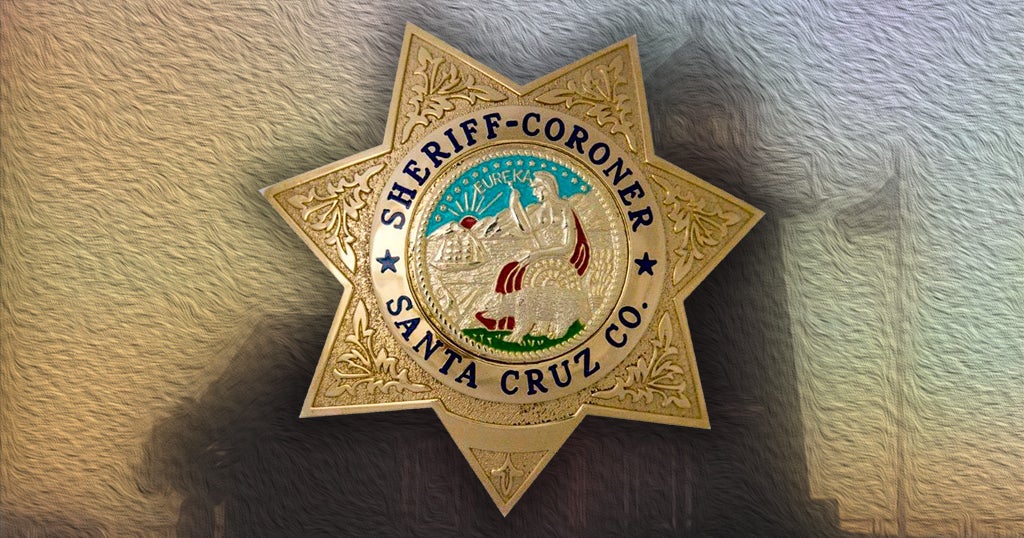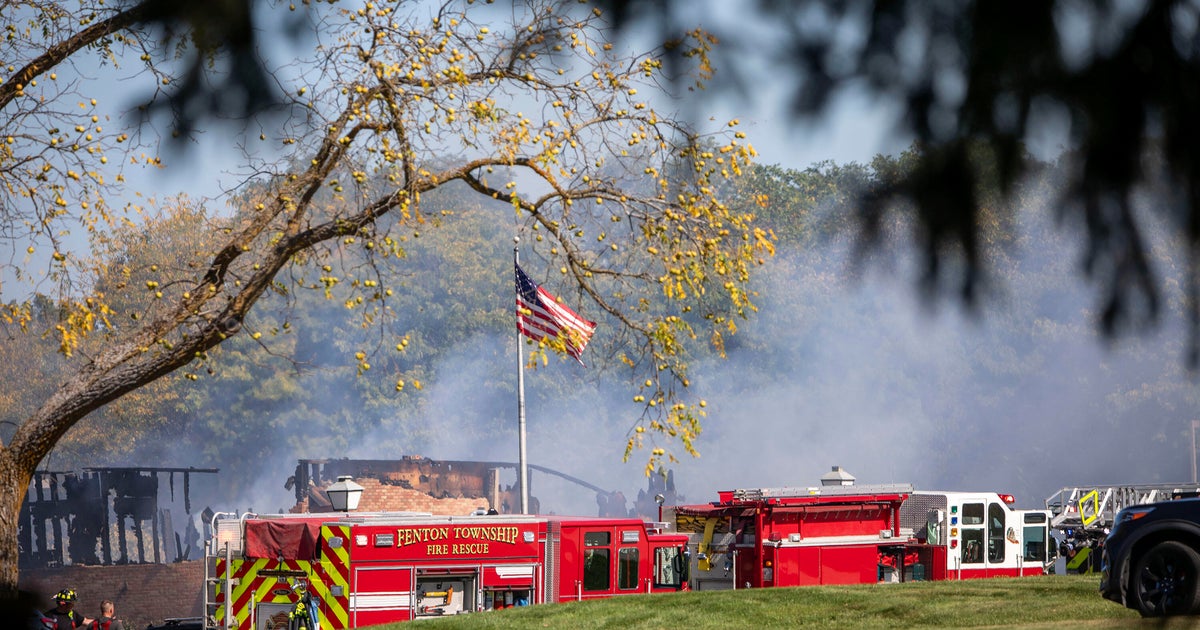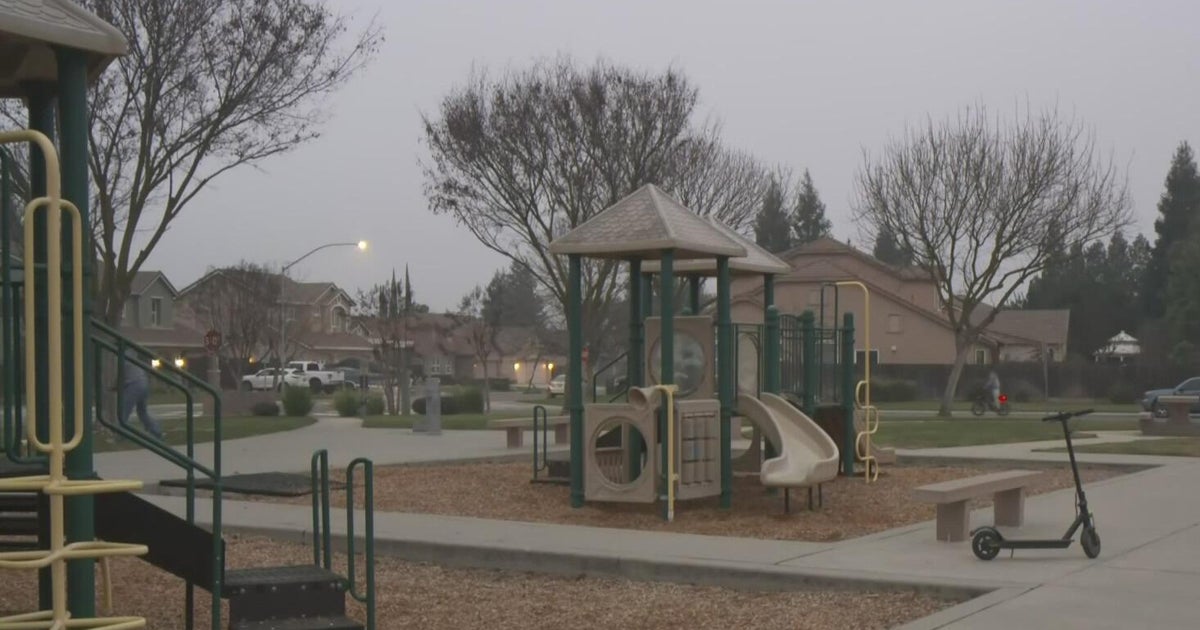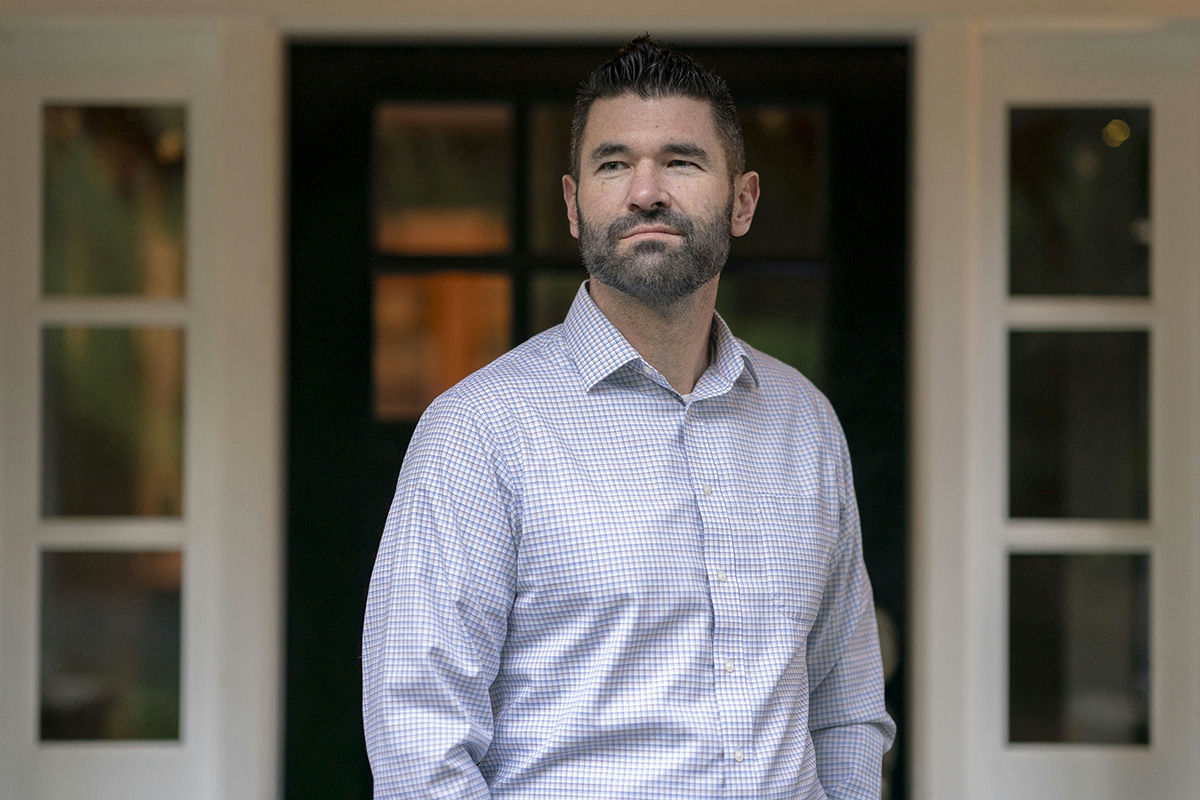FBI releases age-processed photos of Leo Burt, Wisconsin campus bomber wanted for 53 years
More than 50 years after a Vietnam War-era bombing on the University of Wisconsin campus that killed a researcher, the FBI on Thursday released age-processed photographs of a suspect who has thus far evaded law enforcement and been referred to as "Wisconsin's state ghost."
Leo Burt was placed on the FBI's most wanted list immediately after the 1970 bombing of Sterling Hall and remains the last fugitive sought by the FBI in connection with radical anti-Vietnam War activities.
The bombers parked a stolen van packed with fertilizer and fuel outside the university's Army Math Research Center in Sterling Hall and lit the fuse in the early morning hours of Aug. 24, 1970. The bomb attack, which was the nation's most powerful until the 1995 Oklahoma City bombing, killed 33-year-old graduate student Robert Fassnacht, who was doing research in the middle of the night. It also injured other people and caused millions of dollars in damage. The bombers fled to Canada.
Three of the four wanted men were captured in the 1970s after trying to live underground. They were convicted, served short prison terms and resumed their lives.
Burt, who grew up in the Philadelphia suburbs, came to Wisconsin on an ROTC scholarship and joined the rowing team, vanished. One former prosecutor called him "Wisconsin's state ghost."
The FBI received tips and alleged sightings from all over the world for decades, often spiking around anniversaries of the bombing. Some theorize that Burt is dead, while others compare him to D.B. Cooper, the hijacker who disappeared after parachuting out of an airliner with $200,000. There was even a theory in the 1990s, proven untrue with Theodore Kaczynski's arrest, that he may have been the Unabomber.
The FBI continues to offer $150,000 for information leading to Burt's arrest.
The FBI's Milwaukee field office on Thursday released the photos that envision Burt as a 75-year-old man. The photo was done in conjunction with the 53rd anniversary of the bombing, which was last week, said FBI spokesperson Leonard Peace.
In his photo from 1970, Burt is wearing glasses and has a full head of dark, curly hair. In the new age-processed depiction, he is mostly bald and shown with and without glasses.
Madison attorney Lester Pines, 73, was a UW student at the time of the bombing. As a young attorney in 1975 he was part of a team that defended one of the bombers.
"If the FBI is correct, Leo Burt's visage has changed much worse than mine has," Pines said in reaction to the updated photo simulation. "I guess that Leo has not taken good care of himself, if he's even still alive."
One of the four bombers, Karleton Armstrong, told CBS News "Sunday Morning" in 2011 that the goal was to detonate the bomb in the middle of the night because the "political success … depended on no one getting hurt."
Armstrong said he felt "uneasy" when he saw a light was on in the building but he and Burt followed through with the attack nonetheless. He said the bombers learned that Fassnacht had been killed while they were in their getaway car.
Armstrong and two others were eventually caught and imprisoned. Armstrong served eight years of a 23-year sentence — but Burt disappeared.
When asked if he could deliver one message to Burt, Armstrong replied: "Good job."







